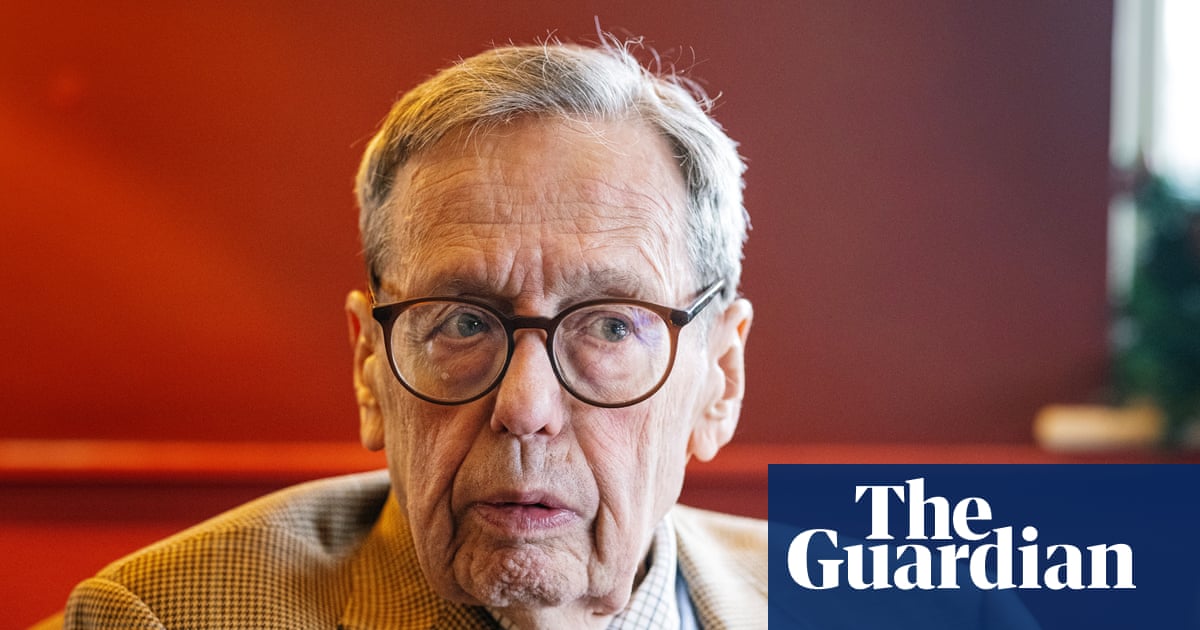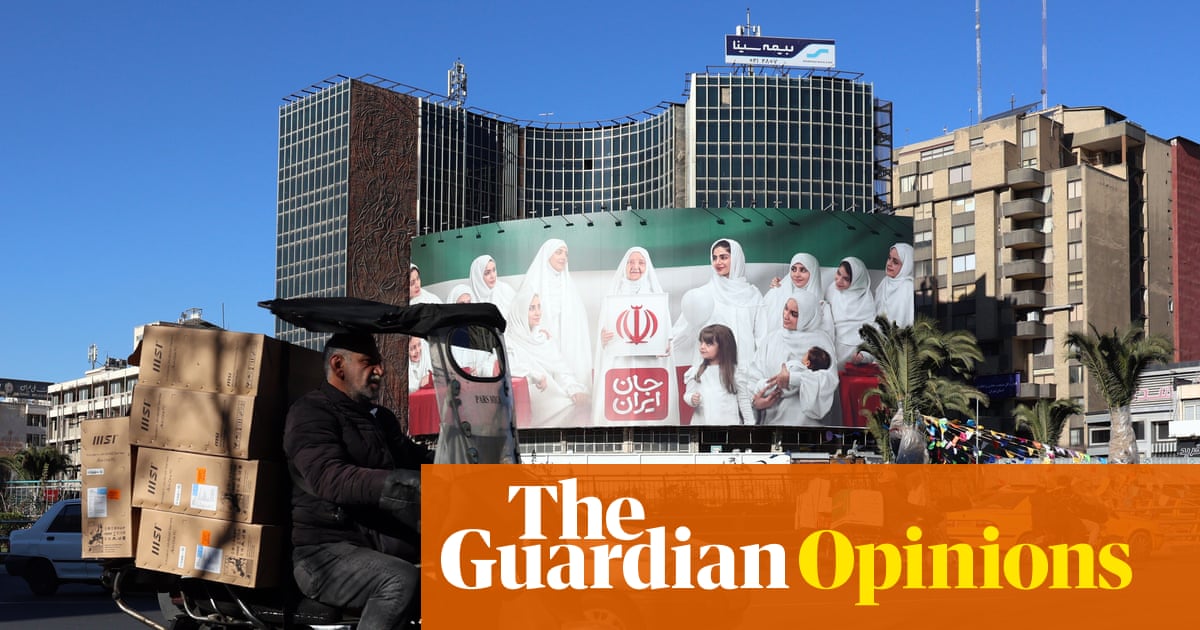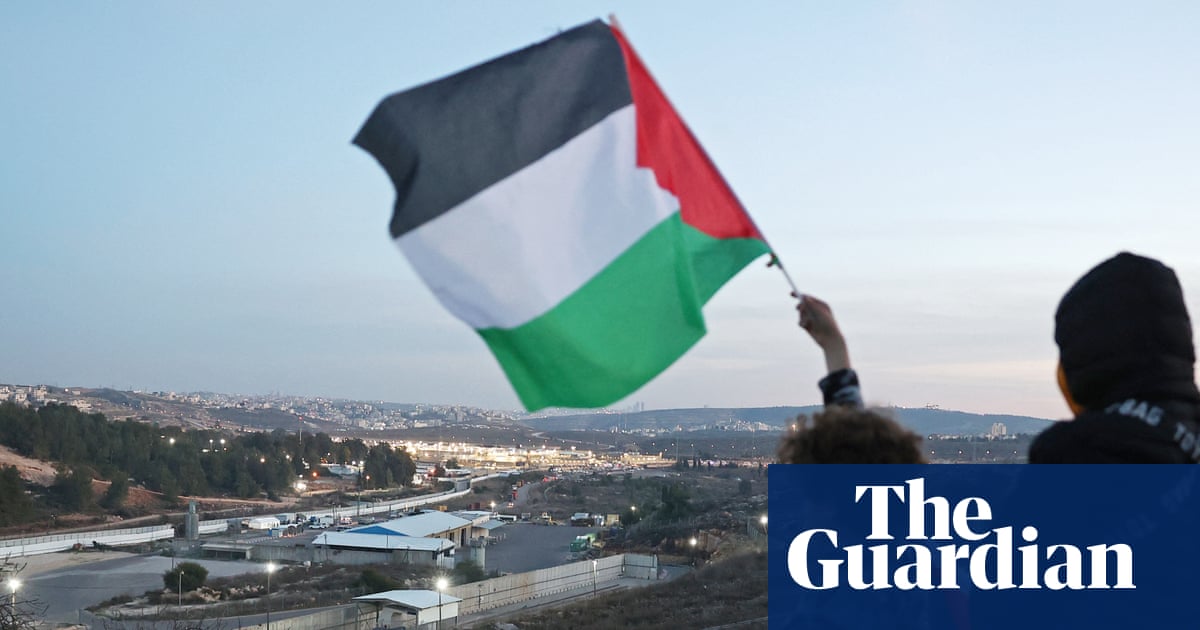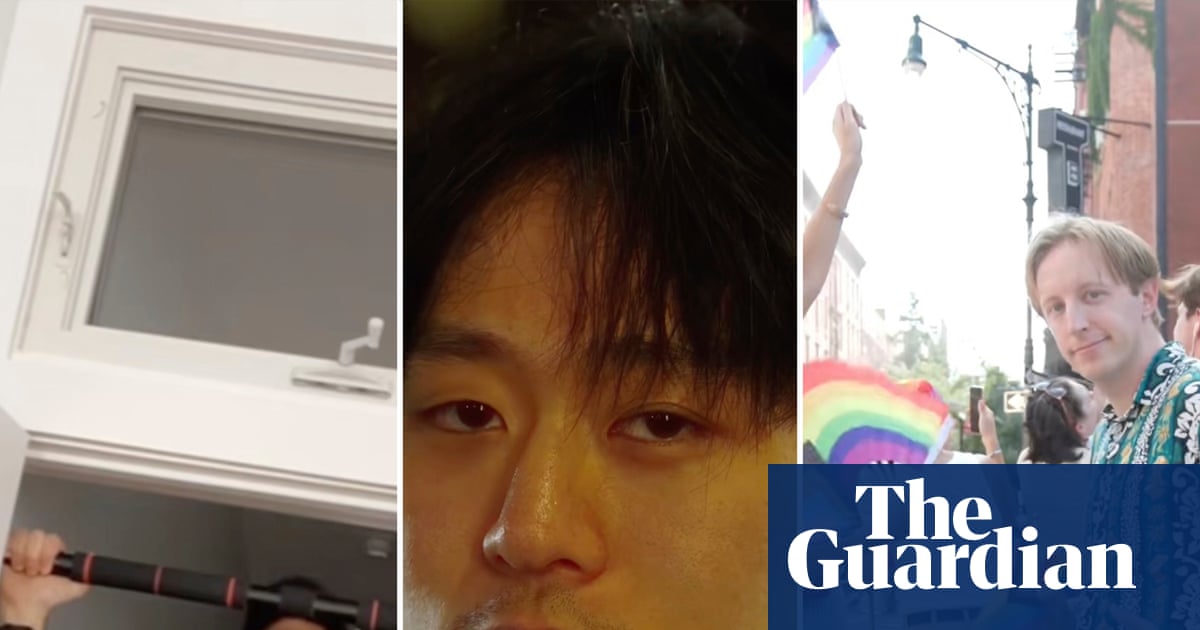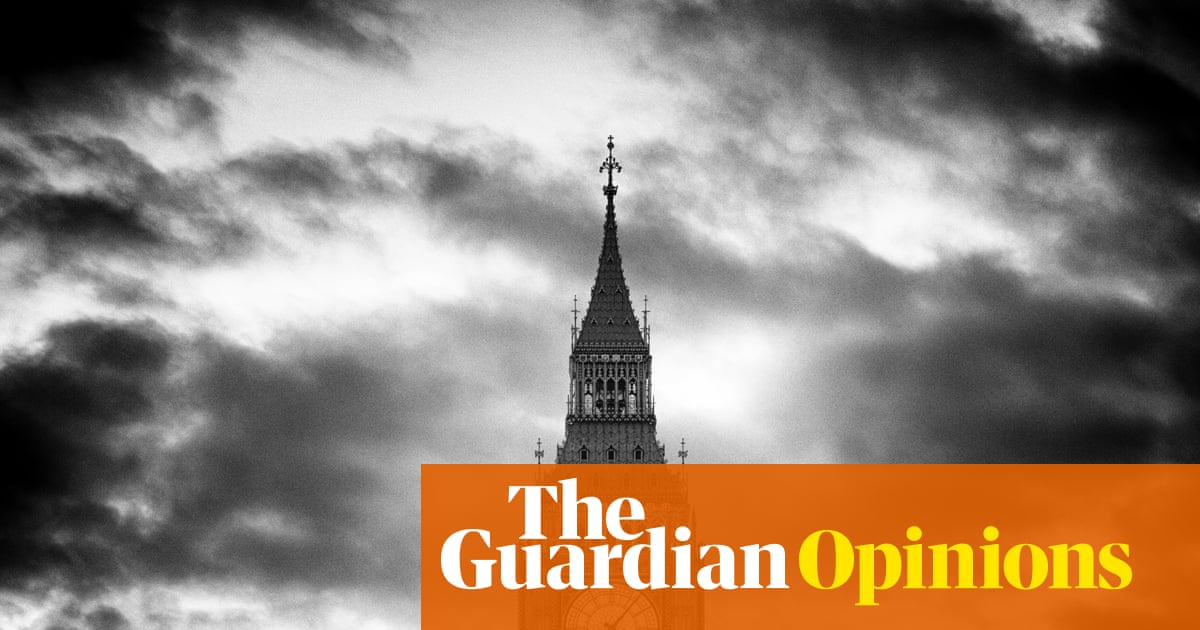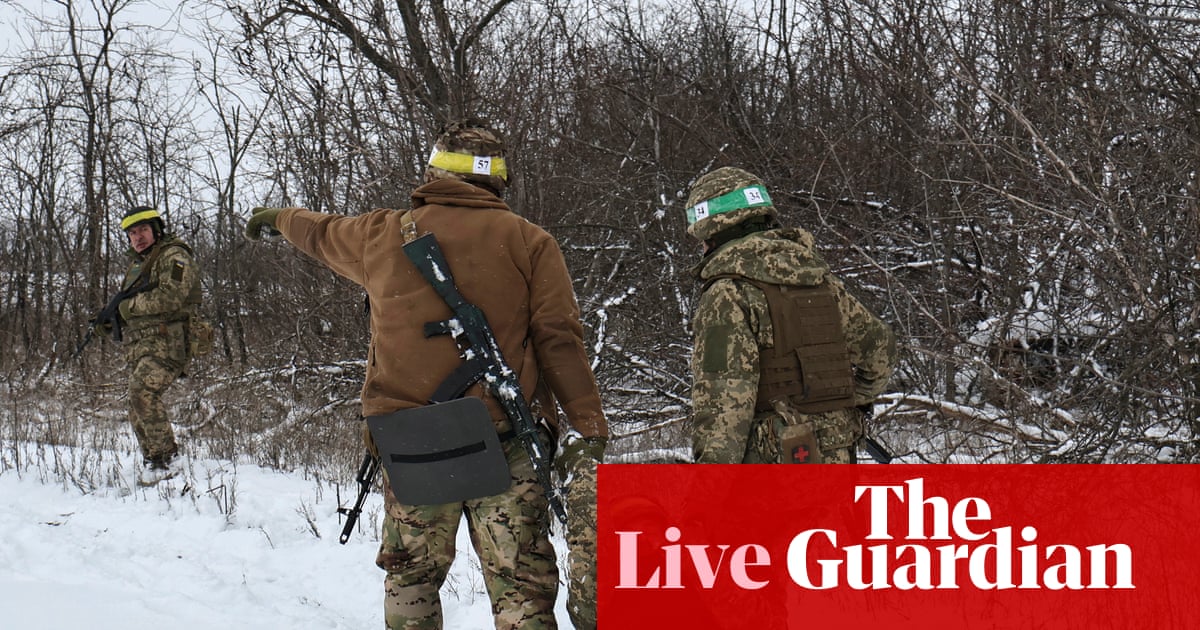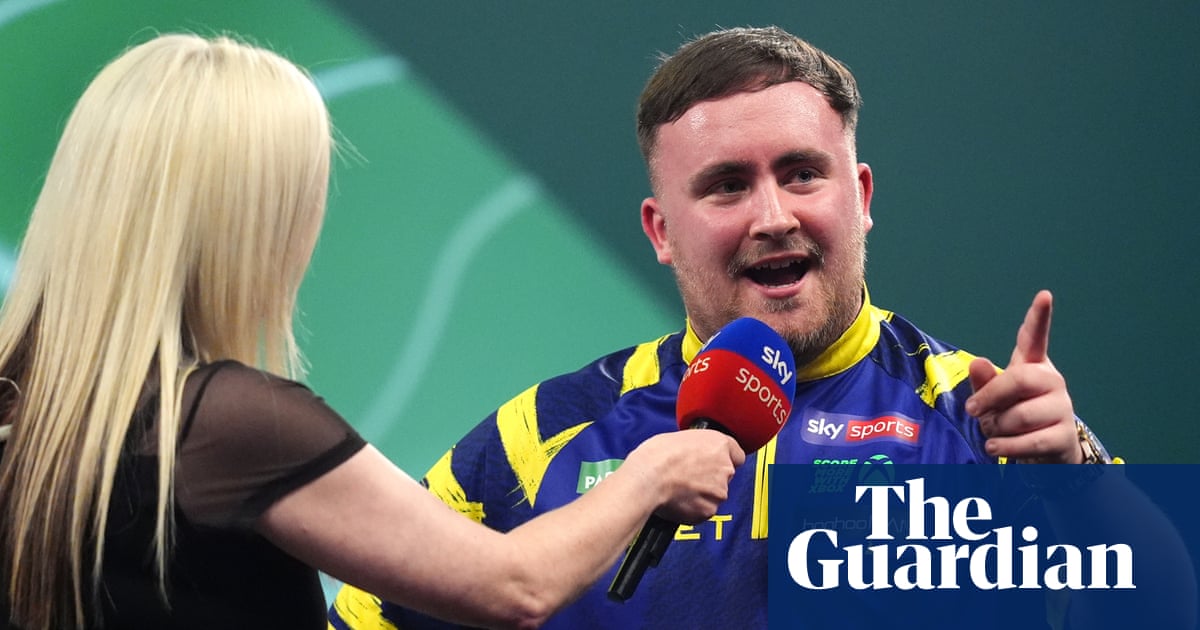In the early hours of the morning, the cars would pull up outside the Bradford children’s home where Fiona Goddard lived as a teenager.
Staff were worried about the men coming to collect her – records show she was felt to be “at high level of risk from unknown males” – but the policy was not to go to the police unless a child’s behaviour became concerning or she was seen being actively “dragged into a car”.
And that’s how a 14-year-old ends up being groomed and repeatedly raped, under the noses of the adults charged with protecting her, by a gang who were finally convicted only when she was in her mid-20s. It took another two years for Bradford council to publish the findings of a review showing just how badly the victims had been failed by multiple agencies.
It’s hard to imagine the courage it must have taken to rebuild her life, waive her anonymity, and ultimately join the survivors’ panel advising a promised national inquiry into so-called grooming gangs. Which makes it all the more distressing that this week, Fiona Goddard and three other panel members quit, arguing that they no longer trusted the government, the process or the two shortlisted chairs for the inquiry.
For who would you trust, if you’d been through what they had? Not social workers, not the council, not the politicians who must sound like every other authority figure who ultimately let them down. And not the police, for sure: in Bradford, one of Goddard’s former care workers who did try to raise the alarm says she was told to stop wasting police time, while in Rotherham some victims have reported being raped by serving police officers and told they’d be handed back to their original abusers if they complained. There is currently an ongoing criminal investigation into the allegations. If they now see betrayal around every corner – well, wouldn’t you? Yet as anyone who has worked with abused children will know, the hyper-vigilance that is so often the legacy of trauma can all too easily drive a wedge between survivors and those trying to help.
Both prospective inquiry chairs – the former police officer Jim Gamble, a hero to many in child protection because of the decades he spent fighting child abuse online, and former director of children’s services Annie Hudson – have now pulled out, with Gamble citing a toxic atmosphere of “political opportunism and point-scoring” that makes it harder to gain victims’ already fragile confidence. Meanwhile the survivors’ panel is now painfully split. Four departing members have demanded the resignation of Home Office minister Jess Phillips, whose professional insight into sexual violence and natural bloody-mindedness made her the perfect choice to see this uncomfortable investigation through, while another five say they’ll only stay on the panel if Phillips does. Though the ideal candidate to lead this inquiry – someone with the necessary expertise to get to the truth, but no history of working in any institution that has previously failed children – probably doesn’t exist, the best of the rest may well be frightened off by the political pressure building up around it.
What has happened to the grooming gang inquiry is both a tragedy and a warning; a premonition for the country of what can happen when collapsing trust in public institutions, combined with bad faith politics, leads to paralysis. What the survivors desperately need is a cross-party effort to rebuild their faith in the process, at least enough for the inquiry to get off the ground. Instead they risk becoming pawns in a political game that is no place for vulnerable people.
On Wednesday, Kemi Badenoch used prime minister’s questions to cry cover-up, just as she did last week over the Chinese spy scandal, this time adding a dig about Keir Starmer’s association with “the best friend of a convicted paedophile” (a reference to Peter Mandelson’s relationship with Jeffrey Epstein). She must know that in the more paranoid and conspiracy-minded corners of the internet, that is playing with fire.
The day before, the shadow home secretary Chris Philp called in parliament for the inquiry’s victim liaison officer Sabah Kaiser to be removed from her role, citing what he called her “frankly appalling view” (expressed two years ago) that it was “destructive, distracting, irresponsible” to keep saying that most abuse perpetrators were of Pakistani heritage. As it happens I met Sabah Kaiser some years ago, when she was giving testimony to Theresa May’s inquiry into child sexual exploitation: for she is a survivor too. She told me she was abused from the age of seven by four different men, both in Britain and in her family’s native Pakistan, and a teacher who was supposed to be counselling her. Though her experiences are not the same as Goddard’s, from what she told me I doubt she needs any lectures from MPs about how rapists may operate with impunity inside powerful patriarchal cultures where women’s voices are suppressed. And like Goddard, I hope someone is looking after her now that she has become collateral damage in a political firefight.
after newsletter promotion
It’s not too late to pull back from the brink. Reform UK has got the inquiry it craved: the Tories have extracted cast-iron assurances from both the home secretary Shabana Mahmood and from Starmer himself that it won’t be watered down or allowed to duck difficult questions about perpetrators’ ethnicity or religion. Both should take their wins and focus on ensuring the inquiry they wanted so badly doesn’t collapse beneath its own weight. The women and girls at its heart have already been failed too often, by institutions that couldn’t see what they didn’t want to see. They must not be failed all over again, by a political system too absorbed in its own petty narcissistic differences to recognise the danger staring it in the face.
-
Gaby Hinsliff is a Guardian columnist

 2 months ago
71
2 months ago
71


